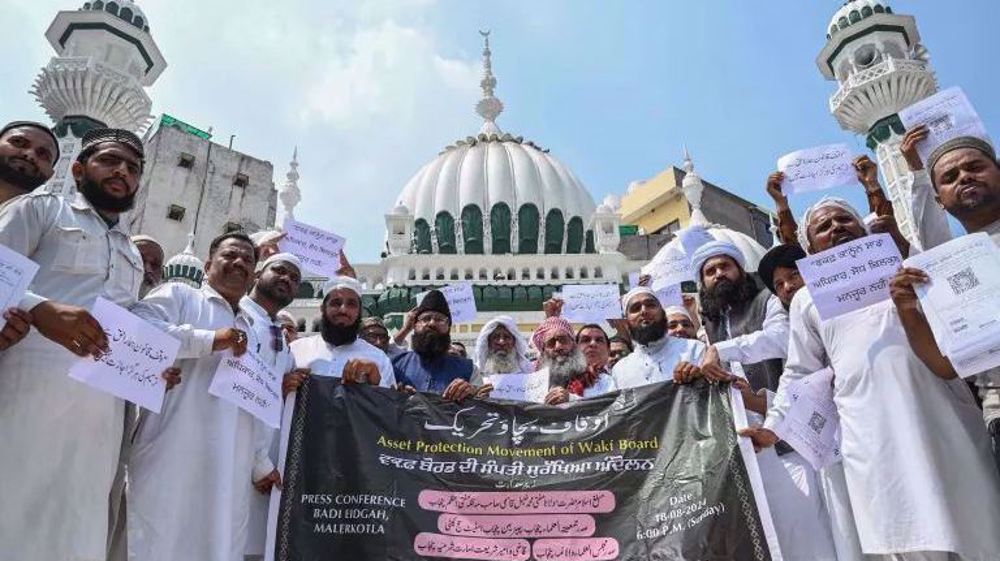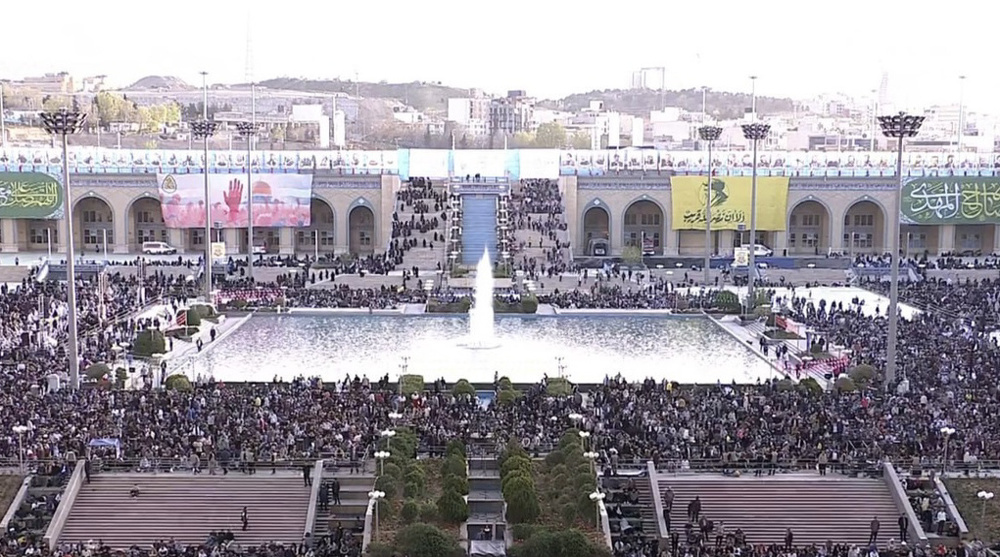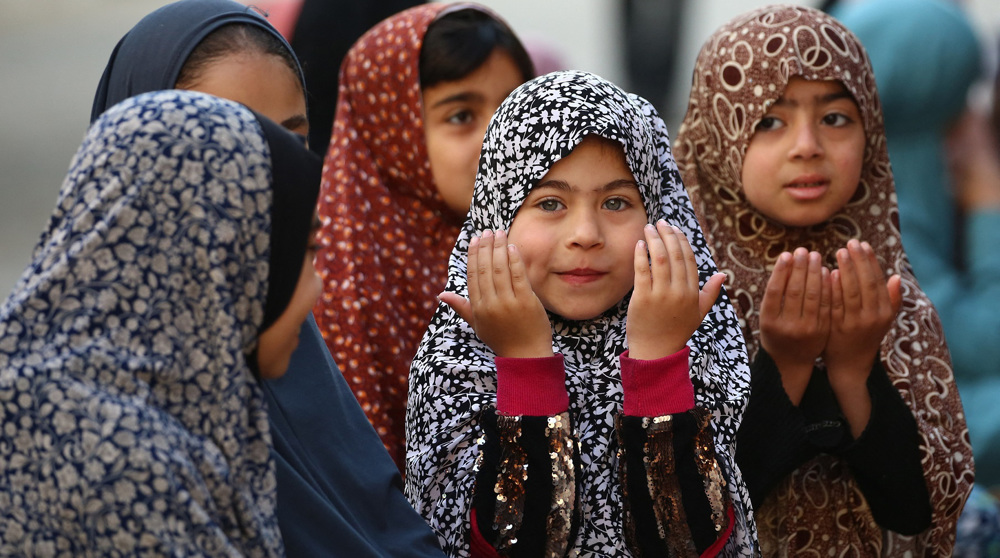Muslims around world mark Arba'een
Saman Kojouri
Press TV, Tehran
Muslims marked Arba'een, the 40th day that followed the anniversary of the martyrdom of Imam Hussein (AS), the third Shia Imam, and his 72-strong companions in the Battle of Karbala, in what is now southern Iraq, in 680 AD.
Each year, millions of Muslim mourners set out on a symbolic 80-kilometer-long walk that begins from the holy city of Najaf in Iraq, where Imam Hossein’s father Imam Ali’s shrine is located, to the holy city of Karbala that houses Imam Hussein's shrine.
But this year due to COVID-19 pandemic Iraq has imposed restrictions on the number of pilgrims. According to Iranian officials, nearly 60,000 Iranian pilgrims have traveled to Iraq to partake in the huge annual Arba'een procession.
The Arba'een march is of great significance for Muslims. In Iran, those who cannot make it to Karbala take part in a symbolic march from Tehran to the town of Rey towards the holy shrine of Hazrat Abdol Azim Hassani.
Over the past decade, the Iranian and Iraqi people have begun participating in what came to be known as the Great Walk of Arba'een, a procession during which millions of Iranian and Iraqi Shias travel on foot to the shrine city of Karbala, south of Iraq to renew allegiance with the ideals and teachings of Imam Hossein (AS).
The battle of Karbala featured an unjust fight between Imam Hussein (AS) and his army and the hugely outnumbered army of the Umayyad caliph of the time, Yazid I.
The day of Arba'een is the day on which Imam Hussein’s family members returned to the plain of Karbala to properly bid farewell to the fallen heroes and finally grieve for their loved ones.

Indian parliament passes bill seen as step to seizure of mosques

Eid al-Fitr celebrated in Iran, other countries as holy month of Ramadan comes to a close

Iran FM calls for more unity, empathy among Muslims in Eid message
Hamas urges global strikes, sit-ins to end Israel’s genocide in Gaza
VIDEO | South Koreans push back on Trump tariffs
UNRWA: Gaza ‘land of desperation’ after 50 days of total Israeli siege
VIDEO | Israel massacres 11 Palestinians in Khan Yunis
IRGC a thorn in the side of enemies; no power dares to threaten Iran: Analyst
Lies unraveled: Ex‑minister says Israel faked Gaza tunnel image to stall truce deal
China says expects ‘in-depth’ talks during Iran foreign minister’s visit
VIDEO | Exclusive: Yemeni eyewitnesses say US warplanes targeted civilians in their homes






 This makes it easy to access the Press TV website
This makes it easy to access the Press TV website